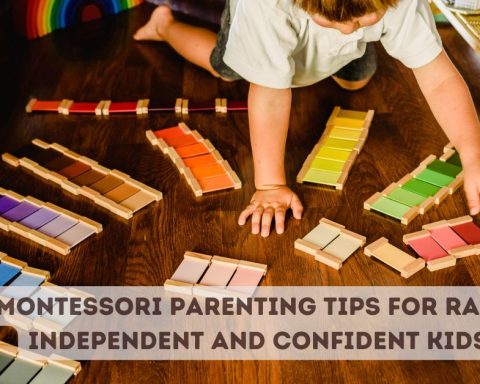Permissive parenting, also known as indulgent parenting, is a parenting style characterized by high rates of responsiveness but few demands. The parents tend to be lenient and avoid confrontation with their children.
In permissive parenting, the parent and the child exhibit a friendly relationship, and love is the backbone ingredient. Parents tend to be closer to their children compared to other conventionally practiced styles. However, there are fewer rules and behavioral expectations. The parents never expect their children to act maturely around them and make little effort to discipline their children. This type of parenting has no definite structure to follow, but it mainly causes a lack of self-control and self-discipline in children.
Also, read on the website
Children of permissive parents tend to enjoy more freedom and responsibility. The parents may even bribe their children with gifts as a way of motivating them to do something. When it comes to making decisions, the children enjoy profound autonomy. This freedom extends to family activities, where the children are incorporated into the routine.
Studies have shown that permissive parenting has better academic outcomes compared to the authoritarian style. According to one study, “Endorsements of harsh parenting strategies were associated with teachers reporting poorer child adjustment at school; firm-responsive parenting strategies were related to lower parent-reported behavior problems in the home…. Reports of parental permissiveness were not associated with measures of child adjustment.”
However, the permissive parenting style can potentially affect a child’s character negatively, which may likely influence his or her personality as an adult. Some negative outcomes of permissive parenting are inadequate social skills and a lack of self-discipline. Children of permissive parents lack boundaries, which often makes them feel insecure.
Research shows that children also lack self-motivation, which negatively affects their academic performance. Since the parents provide almost everything for their children, the children feel no need to work for anything themselves. It is, therefore, common to find the children underperforming in school.
Comparing authoritative parenting with permissive parenting, a research found that “relative to uninvolved parents’ children, authoritatively reared children were predicted to have 1.1 more years of schooling and be 18.5, 13.6, and 16.3 percentage points more likely to obtain at least bachelor’s degree, associate’s degree, and high school diploma, respectively.”
Permissive parenting is also linked to poor decision-making among children because they have never had the chance to follow a set structure. Consequently, they have poor problem-solving skills. Managing time is an uphill task for them, and they often fail to keep up with school deadlines.
In addition, children tend to love watching television programs and partying, and they are more outgoing. Many children of permissive parenting have a higher risk of indulging in drugs and succumbing to peer pressure. They are susceptible to teen alcohol drinking and teen sexual relationships. Their school behaviors may be unbecoming, and they often find themselves in harm’s way.
Permissive parents must often adjust their parenting style to save their children from the negative effects. Developing rules with penalties for breaking them is the first thing any permissive parent needs to learn.
The next thing permissive parents need to learn is how to enforce rules consistently. They can also incorporate positive reinforcement, using rewards to show appreciation for good behavior and to motivate their children to change their behavior for the better. It would also be prudent to set behavioral expectations for their children and provide guidance.
Reference
- Shumow, L., D. L. Vandell, and J. K. Posner. “Harsh, Firm, and Permissive Parenting in Low-Income Families: Relations to Children’s Academic Achievement and Behavioral Adjustment.” Journal of Family Issues 19, no. 5 (1998): 483–507. Retrieved from http://journals.sagepub.com
- Majumder, M. A. “The Impact of Parenting Style on Children’s Educational Outcomes in the United States.” Journal of Family and Economic Issues 37, no. 1 (2016): 89–98. Retrieved from http://dx.doi.org/10.1007








